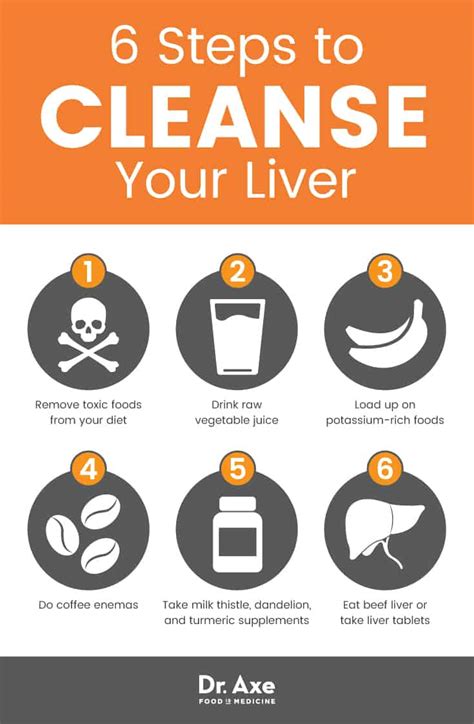How to Cleanse Your Liver: A Holistic Approach to Liver Health
The liver, a vital organ, works tirelessly to filter toxins from your blood. Supporting its health is crucial for overall well-being. While there's no single "liver cleanse" guaranteed to magically detoxify your liver (medical professionals generally discourage such claims), you can significantly support its function through a holistic approach combining diet, lifestyle changes, and potentially, some herbal remedies. This guide explores natural ways to improve your liver health.
Understanding Your Liver's Role
Before diving into cleansing methods, let's understand the liver's crucial functions:
- Detoxification: This is the primary function, removing harmful substances from your bloodstream.
- Metabolism: The liver processes nutrients, hormones, and medications.
- Production of Bile: Bile aids in digestion and fat absorption.
- Storage of Vitamins and Minerals: The liver stores essential nutrients like vitamins A, D, E, and K.
Natural Ways to Support Liver Health
Rather than focusing on a quick-fix "cleanse," prioritize consistent lifestyle choices that nurture your liver's natural functions. Here are some effective strategies:
1. Nourish Your Liver with a Healthy Diet
Prioritize these foods:
- Cruciferous Vegetables: Broccoli, cauliflower, Brussels sprouts, and kale contain compounds that support liver detoxification.
- Leafy Greens: Spinach, kale, and collard greens are packed with nutrients that benefit liver function.
- Garlic and Onions: These contain sulfur compounds that help the liver eliminate toxins.
- Beets: Rich in betalains, which have antioxidant and anti-inflammatory properties beneficial for the liver.
- Avocado: Contains healthy fats that support liver function.
- Citrus Fruits: Rich in vitamin C and antioxidants.
2. Hydration is Key
Drinking plenty of water helps flush out toxins and supports liver function. Aim for at least eight glasses of water daily.
3. Limit Alcohol Consumption
Excessive alcohol consumption significantly strains the liver. Moderation is key, and complete abstinence is recommended for optimal liver health.
4. Manage Your Weight
Obesity is linked to non-alcoholic fatty liver disease (NAFLD). Maintaining a healthy weight through diet and exercise reduces the burden on your liver.
5. Exercise Regularly
Physical activity improves overall health, including liver function. Aim for at least 30 minutes of moderate-intensity exercise most days of the week.
6. Consider Herbal Remedies (Consult Your Doctor First)
Some herbs are traditionally used to support liver health, including milk thistle and dandelion root. It's crucial to consult your doctor before using any herbal remedies, especially if you have pre-existing medical conditions or are taking medications.
7. Reduce Exposure to Toxins
Minimize exposure to environmental toxins such as pesticides, air pollution, and harmful chemicals.
When to See a Doctor
While these strategies can significantly improve liver health, it’s essential to seek professional medical advice if you experience any symptoms of liver problems, such as:
- Jaundice (yellowing of the skin and eyes)
- Abdominal pain
- Swelling in the legs and ankles
- Dark urine
- Clay-colored stools
- Chronic fatigue
Disclaimer: This information is for educational purposes only and should not be considered medical advice. Always consult with a healthcare professional before making any changes to your diet or lifestyle, particularly if you have existing health conditions. They can assess your individual needs and provide personalized recommendations.
